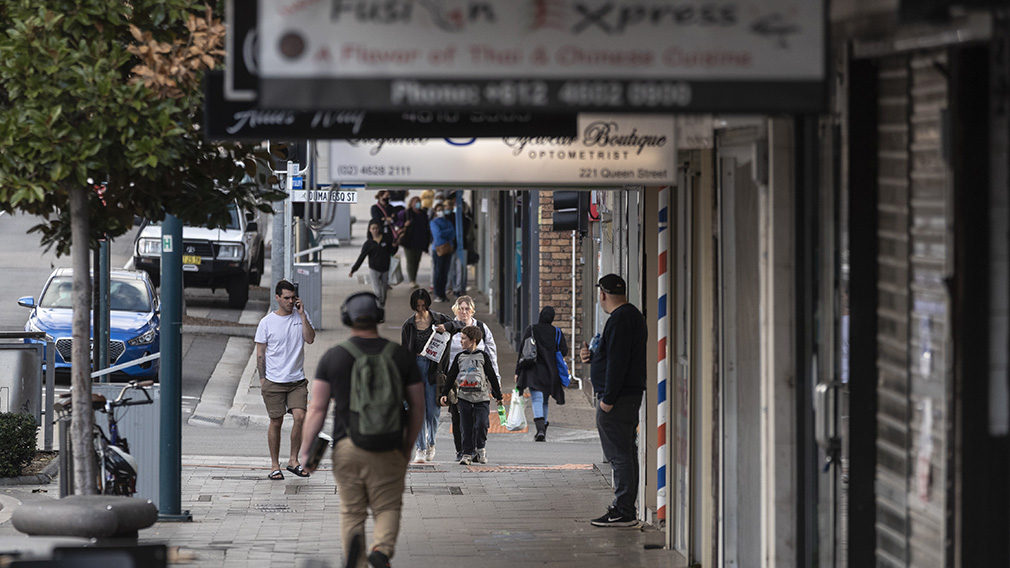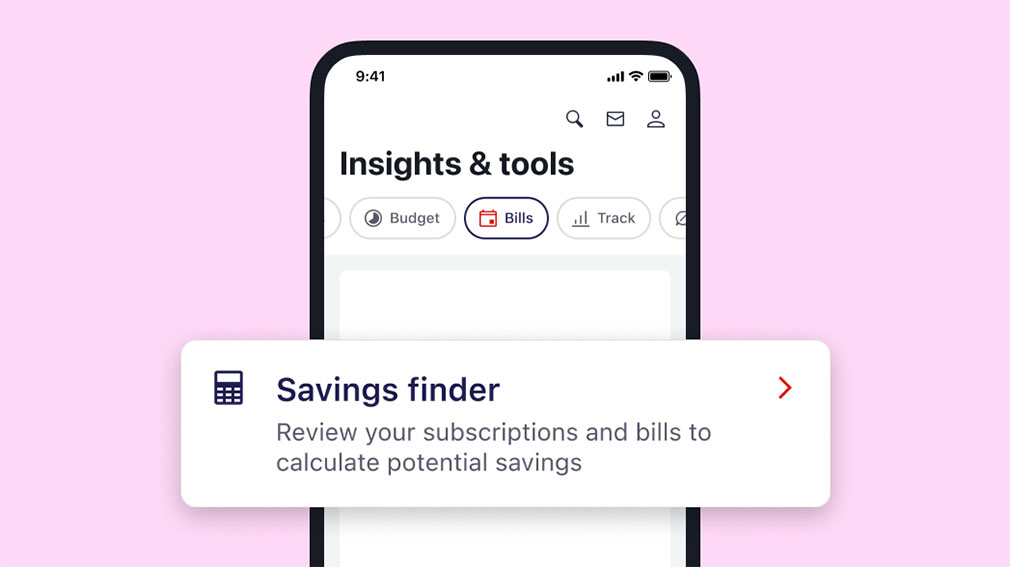Budgeting for JobKeeper adjustments

The modifications to the original six-month JobKeeper scheme have kicked in. (Getty)
With reduced payments under the JobKeeper wage subsidy scheme taking effect from this week, it’s undoubtedly a confronting time for many Australians.
According to Treasury, JobKeeper – installed by the federal government as the pandemic took hold earlier this year – has provided around 3.5 million people whose job was impacted with $1500 a fortnight in guaranteed income, paid by their employers in order to maintain the employee-employer relationship.
In June, Treasury’s three month review found the industries with the largest number of recipients by organisation were construction; professional, scientific and technical services, and other services (like personal services including hairdressing and laundry services), followed by health care and social assistance.
There’s no doubt it’s been one of the most important policy responses to the COVID-19 crisis.
However, the original six-month scheme is now changing, having been extended for another six months but at reducing levels of payment and tighter eligibility thresholds.
So, firstly, what’s happening?
From September 28, the fortnightly payment for full-time workers is decreasing from $1500 to $1200. Then from January 3, that will drop again, from $1200 to $1000 a fortnight for full-time workers.
In addition, one of the other major changes to JobKeeper is it's now going to be split into "two tiers", one for full-time and one for part-time workers. If you were working fewer than 20 hours a week in February this year, or "pre-COVID", your payment will drop from $1500 to $750 a fortnight after September 28.
From January 4, it will be reduced again to $650 a fortnight.
If these changes will impact you, learning how to adapt and budget on a lower income is likely to be crucial, and The Davidson Institute has several resources to help through these difficult times.
Already, we know many households are struggling.
In the 34 weeks since the first COVID-19 case was reported in Australia, research conducted for Westpac, found from a sample of 1000 consumers that:
• 62 per cent of households have already had a reduction in their household income as direct result of COVID-19.
• 50 per cent of households consider their financial situation to be vulnerable or worse.
• 39 per cent of households have struggled to meet their financial commitments.
But while all Australians have to some extent been negatively impacted by COVID-19, the economic effects have been felt by some cohorts harder.
Like in all recessions, low-wage workers and young people will be heavily impacted by the COVID-19 economic downturn. The youth unemployment rate (people aged 15-24 years) rose to 16.4 per cent in June, the highest since February 1997, and remains above 14 per cent.
For many Australians in these hard hit cohorts, the JobKeeper payments have helped to pay their core bills (utilities, phone, insurance), rent and mortgage repayments. Many of these people may have likely either cut spending, held off making large purchases or shied away from borrowing.
With the changes to JobKeeper, some of these households may not be able to meet all their financial commitments unless they reduce spending, draw down on savings or access credit.
Managing money and making ends meet isn’t easy in good times, let alone during a health and economic shock like COVID-19.
Positively, many Australians are taking steps to better manage their finances.
Research conducted for Westpac, with a representative sample of 4954 people, found that:
• 4 in 10 people plan to save money or better manage their money more than before COVID-19.
• 1 in 4 people plan to prepare and follow a budget for their finances more than before COVID-19.
• 2 in 10 people plan to pay down more debts more than before COVID-19.
• 16 per cent plan to use an online tool or app to manage their finances more than before COVID-19.
Moving forward, we’ve found some of the best ways to make sure you stay in control are to:
• Work out your budget. Making a budget gives you a clear picture of where your money goes and shows you where you might have a chance to save money. This Budget Planner tool takes you through a simple step-by-step process to help establish a budget that suits you, and supports you in achieving your financial goals.
• Ensure you budget for bills, loan payments and buy now pay later payments. Its important to stay on top of loan repayments and buy now pay later payments. Setting timely reminders for your repayments is one way to stay on top of repayments. Late credit card repayments or not meeting your buy now pay later schedule can have an effect on your credit report. It’s not just late repayments on your credit card or buy now pay later service that matters, either. If you miss a telco (phone or internet bill) or utilities (water, electricity, and gas) payment by 60 days or more, this can also be listed on your credit report.
• Find ways to cut costs. Here’s a handy cost cutting checklist, to help people ease the strain on their finances.
• Claim the benefits you’re entitled to. It’s worth checking that you’re getting all the benefits you’re entitled to if you’re on a low income. Centrelink have an online tool, Payment and Service Finder, to help people to find what payments and services they may be eligible for.
• Asking for help from your bank. Westpac, for example, is supporting customers and businesses affected by COVID-19 in various ways. That’s why we have released COVID-19 Customer Support, a range of support measures for personal and business banking customers. Learn more about the financial assistance available from Westpac.
Find out more, from Westpac’s financial education specialists, the Davidson Institute in their articles:
• How to Budget and Save on a Low Income after JobKeeper – for help to review your situation and plan ahead.
• Flexible Budgeting: JobKeeper Changes (to help businesses to adapt to JobKeeper changes and improve their resilience.
The views expressed are those of the author and do not necessarily reflect those of the Westpac Group.
The information in this article is general information only, it does not constitute any recommendation or advice; it has been prepared without taking into account your personal objectives, financial situation or needs and you should consider its appropriateness with regard to these factors before acting on it. Any taxation position described is a general statement and should only be used as a guide. It does not constitute tax advice and is based on current tax laws and our interpretation. Your individual situation may differ and you should seek independent professional tax advice. You should also consider obtaining personalised advice from a professional financial adviser before making any financial decisions in relation to the matters discussed.




